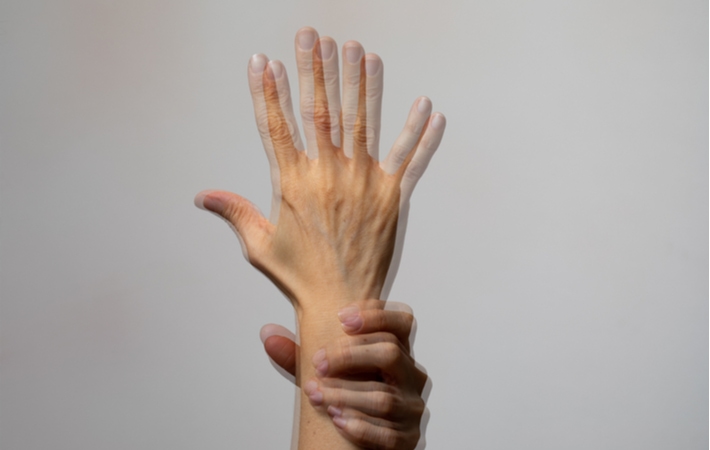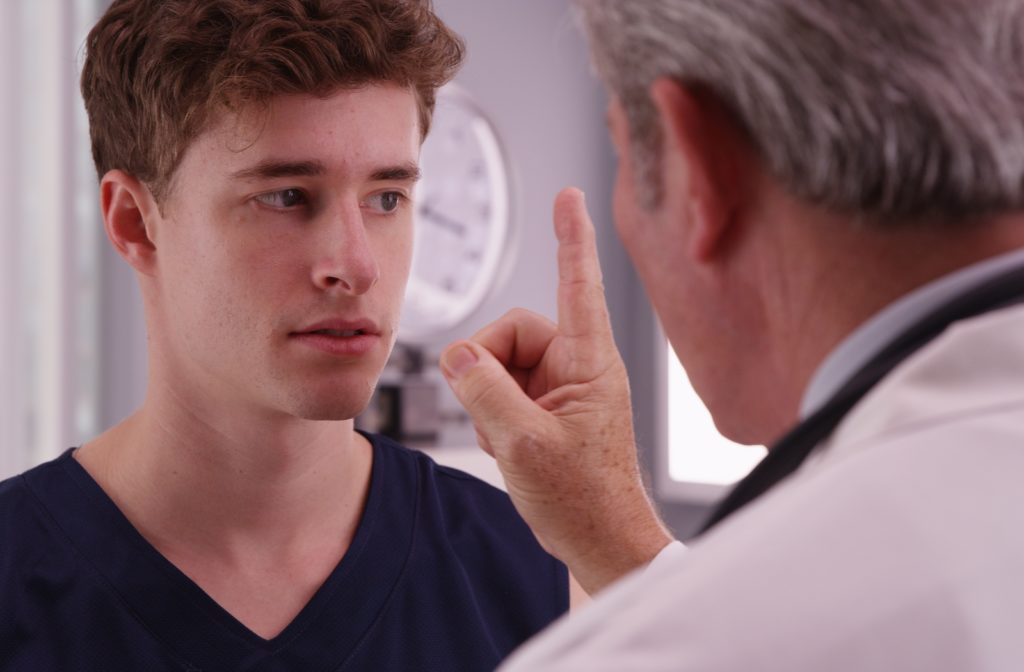If you or a loved one has had a concussion, you’ll know the road to recovery can vary by case, depending on the severity and site of the injury.
Concussions can result in visual side effects, so it’s essential to reach out to an optometrist for a comprehensive eye exam to confirm your visual health after a diagnosis.
If you’re experiencing vision problems after a concussion, your optometrist may recommend neuro-optic rehabilitation, a customized visual treatment program for people recovering from TBI.
At IndividualEyes, we offer concussion vision rehabilitation at our Vision Therapy Clinic in Richmond Hill. Contact us if you’d like more information about our treatment regimens; our experienced and compassionate team is always ready to help!
What is a Concussion?
A concussion is classified as a type of traumatic brain injury (TBI) that severely impacts brain function, producing a variety of symptoms, including vision problems.
Causes
Concussions are caused by sudden movements, resulting in the brain being bounced or jolted in the skull. A TBI can create chemical changes in the brain, and damage brain cells.
A concussion can be caused by:
- Bumps to the head
- Blows to the head
- Any jolt to the body
- Rapid shaking of the skull
- Falls
- Accidents
Concussions can have a severe impact on brain function, affecting day-to-day life, and resulting in various symptoms. Common symptoms of a concussion can include:
- Light sensitivity
- Sensitivity to motion
- Sensitivity to sound
- Frequent or constant headaches
- Difficulties with memory
- Irritability
- Problems with coordination and balance
- Difficulty concentrating
- Trouble sleeping
- Hormonal changes
- Not feeling like yourself

Visual Symptoms
A large number of patients who suffer from a concussion will experience visual symptoms, resulting from the eyes being unable to communicate with the brain correctly. When visual symptoms persist after a TBI, they are referred to as post-trauma vision syndrome (PTVS).
Symptoms of PTVS can include:
- Double/blurred vision: Concussions can result in visual damage like convergence insufficiency, a binocular vision condition that creates difficulties for the eyes when focusing on close-up tasks or objects.
Convergence insufficiency can cause blurred vision or double vision. Other symptoms can include dizziness, eyestrain, and balance issues.
- Photophobia: Injuries to the brain can result in light sensitivity.
- Vision loss: Damage to blood vessels in the eyes or injury to the optic nerve can result in partial vision loss.
- Eye pain: If the muscles around the eyes contract due to head trauma, it can result in varying degrees of eye discomfort or pain.
- Difficulties with eye movement: Patients recovering from a concussion may experience challenges with eye-tracking and the ability to focus on moving objects.
- Visual motion sensitivity: Visual motion sensitivity is a term used to describe a feeling of disorientation or discomfort in busy surroundings. This condition may be caused by a disruption in the central nervous system, affecting the ability to process external stimuli.
- Vertical heterophoria: Vertical heterophoria is a misalignment of the eyes, resulting in eye strain, dizziness, pain, and headaches. Expects suspect that concussions can worsen symptoms of this condition.
If you’ve experienced a concussion and notice any of the above symptoms, we recommend contacting your optometrist immediately for a comprehensive eye exam.
The Benefits of Concussion Vision Rehabilitation
You may have heard about the benefits of vision therapy, so it’s vital to note that concussion vision rehabilitation is a different process and treatment regime, although they are both programs designed to:
- Rehabilitate vision
- Help integrate vision with other senses
- Treat motor and visual disorders
- Help patients visually process information
Treatment regimes are generally customized to each individual patient, depending on visual strengths, and areas for improvement. Some programs can include the use of optical prisms, therapeutic lenses, and computer-based activities.
In concussion vision rehabilitation, treatments are specifically designed to improve neural functioning following a traumatic brain injury. Programs and activities are individualized towards each patient’s specific needs and goals.
A concussion vision rehabilitation program aims to improve or re-train communication between the brain and the eyes, improve the brain’s neuroplasticity, and promote visual recovery from the TBI.
Call The Experts
Patients who have experienced a concussion or traumatic brain injury should seek treatment as quickly as possible. Studies have shown that starting vision rehabilitation programs in the early stages of injury can result in a higher chance of recovery, and higher quality of life.
Our team at IndividualEyes strives to promote vision recovery for our patients, and we offer concussion vision rehabilitation programs at our vision therapy clinic in Richmond Hill.
We’ve dedicated ourselves to helping our patients recover, improving their vision and daily lives. We use customized rehabilitation activities and treatments to help promote recovery, and reduce the visual symptoms associated with concussions and traumatic brain injuries.
If you or a loved one have experienced a concussion, reach out to us today about our concussion vision rehabilitation programs. We’re a compassionate and determined team of experts; we’re ready to help, whenever you need us.



